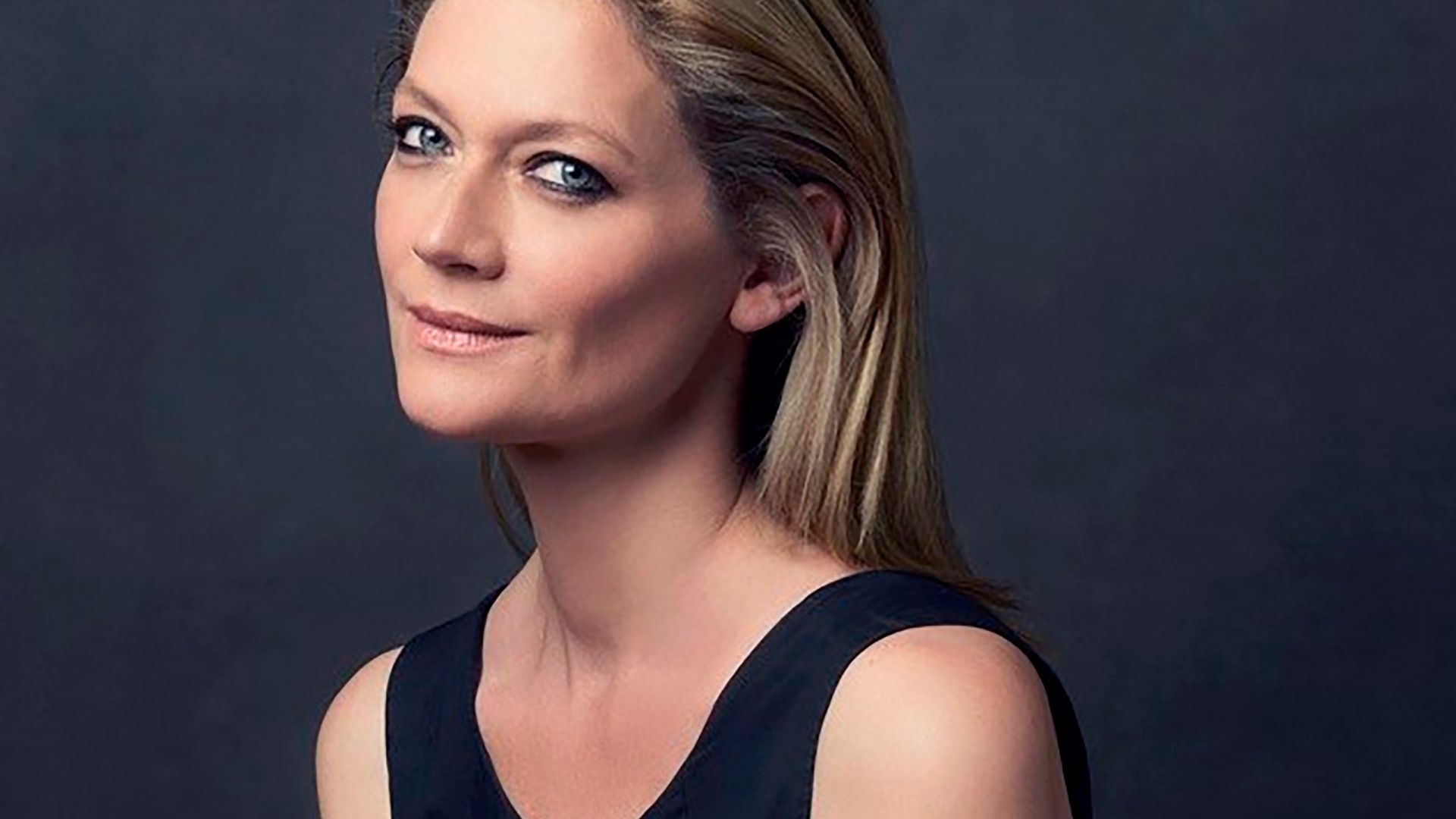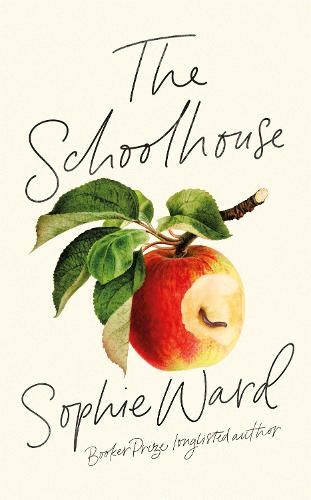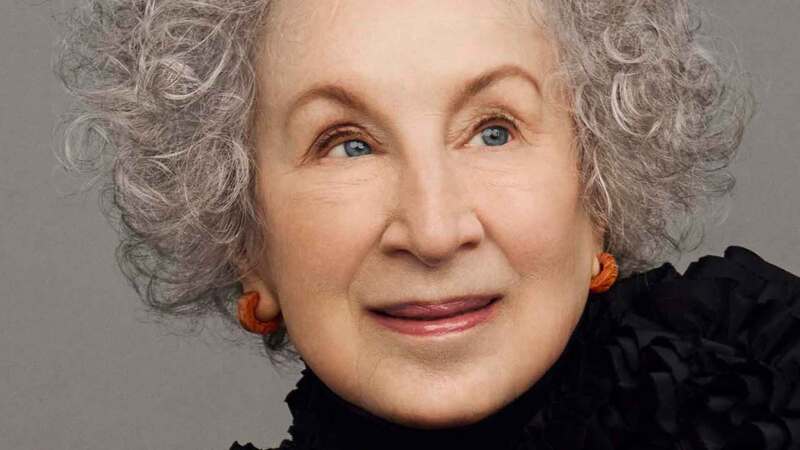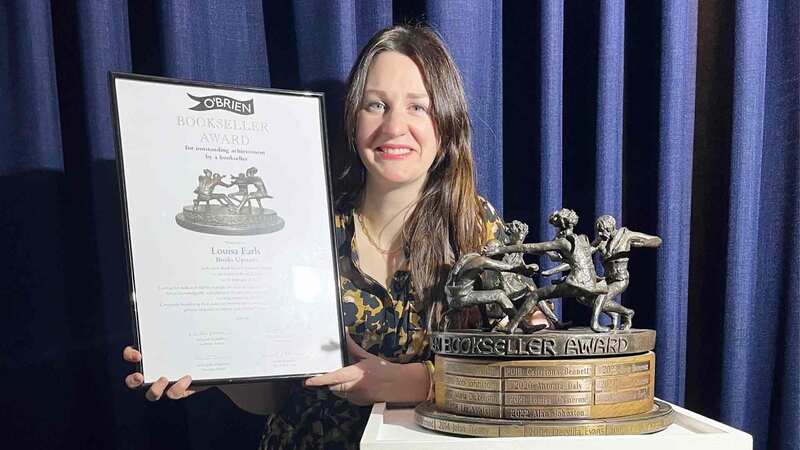You are viewing your 1 free article this month. Login to read more articles.
Sophie Ward discusses the importance of LGBTQ+ role models as inspiration
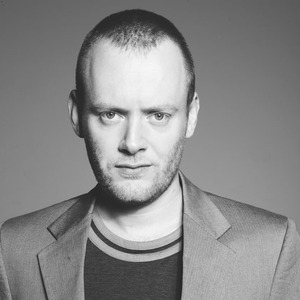
Matthew Todd is an author and a former editor of Attitude magazine.
Actor and novelist Sophie Ward returns this May with new novel The Schoolhouse, the eagerly awaited follow-up to her 2020 Booker Prize-longlisted début.

Matthew Todd is an author and a former editor of Attitude magazine.
Sophie Ward was one of the first high-profile women to come out as a lesbian, doing so in 1996 when she began a relationship with her now wife, writer Rena Brannan. She has since been an advocate for lesbian and gay rights, appearing on TV to argue the cause and writing in the Guardian to advocate for equal marriage. Taking a new turn in her life, she completed a doctorate in English and Comparative Literature at Goldsmiths in 2019. A year later, her first book, Love and Other Thought Experiments (Little, Brown), was nominated for the Booker Prize. In May, she follows it with her eagerly awaited second novel, The Schoolhouse (Corsair)), the story of a woman whose past catches up with her and which explores how our childhoods can define us.
What inspired The Schoolhouse?
I went to an experimental school in the 1970s and the experience was quite different to many of my contemporaries. I learned very little from a traditionally academic curriculum but I was lucky enough to learn so much about human nature and how our differences can be celebrated within our understanding of humanity.
Was your school experience positive? Did you know you were gay at that time?
I went from my experimental primary school to a more conventional secondary school that was still a very liberal and creative environment. I didn’t know I was a lesbian. It wasn’t a particularly enlightened time for lesbians and, with some notable exceptions, there weren’t many role models for gay women.
Being nominated for the Booker Prize for your first book, Love and Other Thought Experiments, is literally a dream come true for writers. What was that experience like? How has it affected your second book?
It continues to be dreamlike. I had been working on the book for five years and I had no idea if it would work, or if any readers would be prepared to engage in the story. Because it took a long time to write, I also had another book that I started to develop. I had read that having a second book to work on while your first book is being sent out can be helpful. It means you can still have that headspace where no one has responded to your writing yet. Once your first book has come out, or been rejected, you have to deal with that, and there is a lot more noise between you and your work.
After the nomination, did you feel a pressure writing The Schoolhouse and how did you manage those feelings?
There is a pressure but I had a draft to work on and that made writing, and rewriting, easier. I had found a very supportive environment with my editor Sarah Castleton and with James Gurbutt at Corsair, which made a huge difference. The beautiful thing about writing was that I could do it without being asked, such a welcome autonomy. But I think the fear, well, my fear, about writing is having it taken away.
You were one of the first high-profile women to come out in the UK, in 1996. How did you cope with the media focus, which wasn’t always sympathetic during that homophobic time?
The media focus was very negative and it was difficult to protect those closest to me. It was a hard time because I was finding out about myself and my relationship with my now-wife Rena. Yes, it was in the public eye but everyone’s experience is just as important, their feelings just as intense.
You appeared on shows such as "GayTime TV" and wrote a piece for the Guardian arguing for marriage equality. Why was that important and is being political and visible still so?
There was a lot of negativity in representations of lesbians in the media and in our culture. A sort of tragic narrative. A disproportionate number of young homeless people were gay; their families had rejected them. When I came out, I didn’t know how my life would work out but I wanted to do all I could to be proud of who I was and to help other people. I think this is just as important now. Hard-won rights are easily removed or eroded. We are of a generation where LGBTQ+-themed books or those with LGBTQ+ characters were barely published. That’s changing significantly now.
What difference would that have made to you, growing up?
I would have flourished with stories about gay families and lesbian heroines and I love that children can read all those stories now.
Your wife is a successful playwright. What’s it like being in such a creative marriage? Do you discuss ideas and read each other’s work or do you work separately?
We talk about our work all the time. I’ve been in many of Rena’s plays and I love to work with her. And when things are not going smoothly, we can rail together and shout about it. I have the better end of the deal because Rena is a lot more patient than I am.
You and your family split your time between here and America. How does that feel considering the political situation where, once again, gayness is being weaponised (with regard to book bans)?
We were together for 20 years before we could get married in the UK. Many of our friends assumed it would be easier in the US but America was behind the UK in granting equal marriage rights. Now it seems that the political climate in the US is becoming more intolerant again, certainly more polarised. I don’t know how that will look in the future and I don’t know if the UK will retain the human rights we have achieved.
What are your three favourite lesbian-themed books?
You cannot ignore the marvel that is Fingersmith (Little, Brown) by Sarah Waters. I was overwhelmed by The Colour Purple by Alice Walker in my teens. Joanna Trollope’s A Village Affair (Transworld) was distressingly accurate, as I was to realise.
Extract
She drank her tea and considered the layout of the school buildings. The front door was locked during school hours, you had to be buzzed in and out, and the children played in the walled playground at the back of the school during breaks. Her form teacher had said Caitlin was in class all day. None of the children had access to the gate behind the bicycle shed except when they were coming into school and when they were leaving. Some of the kids were clearly using it as a makeshift den during those times. Whether Caitlin left through the side gate or the main entrance, no one had come forward to say they saw her leave at all.
You are a successful actor. It’s an incredible achievement to then become a successful author. What advice would you give to someone thinking they would like to write after a previous career?
Don’t be discouraged by all the wonderful books you have read and the brilliance of their authors. Your book can only be written by you.





